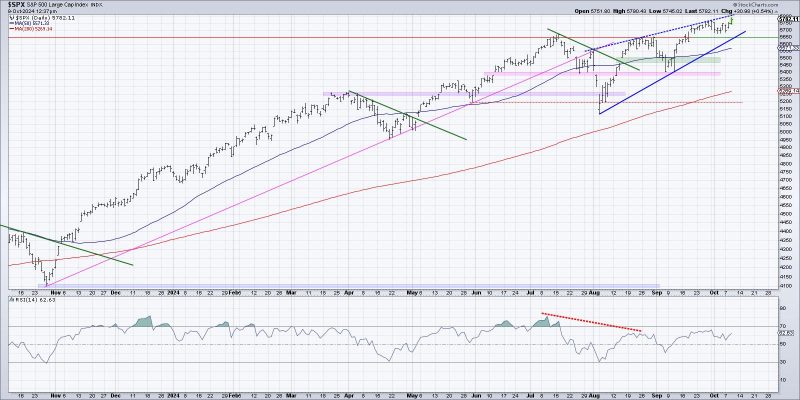Risk management is an essential aspect of any organization’s operations. It involves identifying potential risks, assessing their potential impact, and implementing strategies to minimize or mitigate them. As we enter October 2024, here are three key thoughts on effectively managing risks:
1. Comprehensive Risk Assessment:
Before developing a risk management strategy, it is crucial to conduct a thorough risk assessment. This process involves identifying and evaluating all potential risks that could affect the organization’s operations, assets, or objectives. By taking a proactive approach to risk assessment, businesses can better understand the specific challenges they may face and develop targeted strategies to address them effectively. Regular reviews and updates of risk assessments are also necessary to ensure that new and evolving risks are considered.
2. Adoption of Technology:
In today’s digitally-driven world, leveraging technology is crucial for effective risk management. Advanced analytics, artificial intelligence, and data visualization tools can help organizations identify patterns, trends, and anomalies that may indicate potential risks. Implementing automated risk monitoring systems can provide real-time insights into emerging threats, enabling organizations to make informed decisions promptly. By embracing technology, businesses can enhance their risk management processes and strengthen their overall resilience in the face of uncertainty.
3. Integrated Risk Management Framework:
An integrated risk management framework allows organizations to adopt a holistic approach to managing risks across all levels and functions. By aligning risk management with strategic priorities, financial goals, and regulatory requirements, businesses can create a unified risk management strategy that supports their overall objectives. This integrated approach enables organizations to streamline risk management processes, improve collaboration among different departments, and enhance the effectiveness of risk mitigation efforts. Additionally, an integrated framework promotes a culture of risk awareness and accountability throughout the organization.
In conclusion, effective risk management is essential for safeguarding an organization’s interests and ensuring long-term success. By conducting comprehensive risk assessments, adopting technology-driven solutions, and implementing an integrated risk management framework, businesses can proactively identify and mitigate potential risks while maximizing opportunities for growth and innovation. As we navigate the challenges of October 2024 and beyond, a strategic and proactive approach to risk management will be crucial for organizations to thrive in an ever-changing business landscape.





























